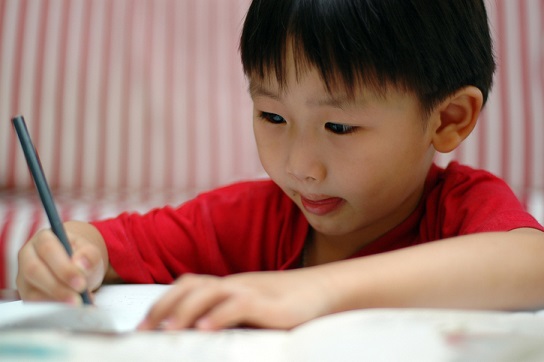
For example, while one student might be home-schooled due to a disability the parent feels is better managed at home, another might choose this option to avoid incessant bullying.
Whatever the reasons, reports show this phenomenon to be on the rise.
Nationally, homeschooling numbers have almost doubled in the past couple of years and are still growing.
A survey by Home School WA revealed that the number of Western Australian students registered for home schooling has surged more than 50% in the past five years. This year, there were 3,464 students registered compared with 2,211 in 2013.
Meanwhile, there are concerns over new rules on home schooling that are about to come into effect in Victoria.
From January 1, 2018, the Victorian Government will introduce new regulations requiring prospective homeschooling parents to register and submit a learning plan to the Victorian Registration and Qualifications Authority (VRQA).
Under the new regulations, principals will also be given the power to force students to attend classes for 28 days while their parent's home education application is being considered.
However, some parents say this is unfair to students who may be forced to endure treatment such as bullying or intimidation until their registrations are completed.
David Roy, a senior lecturer at Newcastle University and a staunch advocate of children with a disability, says another issue is the lack of financial support for home schooling families.
“In NSW, there are about 4,250 students who are registered for home schooling. If you say that, on average, most kids have about $15,000 spent on them per year – and we know that there are about 14,500 registered home-schooled kids nationally – that is $60m on kids that is not being spent,” Roy said.
“So what is happening to that money? There is $60m floating about that home schooled children don’t receive.”
As for the reasons why home schooling is on the rise, Roy said there are growing concerns about the treatment of children in Australia’s classrooms.
“Education simply not invested in properly, and there are real concerns over the treatment of children with a disability. If they’re being denied enrolment, as the data shows, then where else do they go but home school?” he said.
“There is excellent teaching going on, but there is real widespread lack of inclusion going on in Australian schools. While kids are being deliberately excluded, it’s only natural that home schooling will continue to rise.”
Related stories:
Bullied kids leaving school in droves
Why students leave mainstream schools


